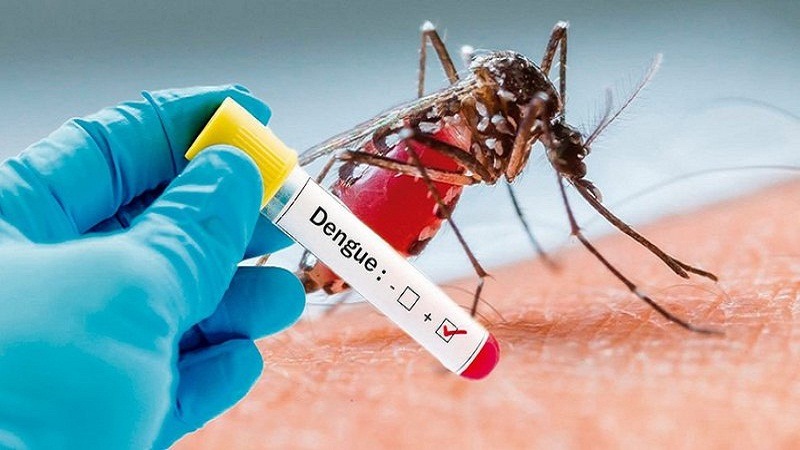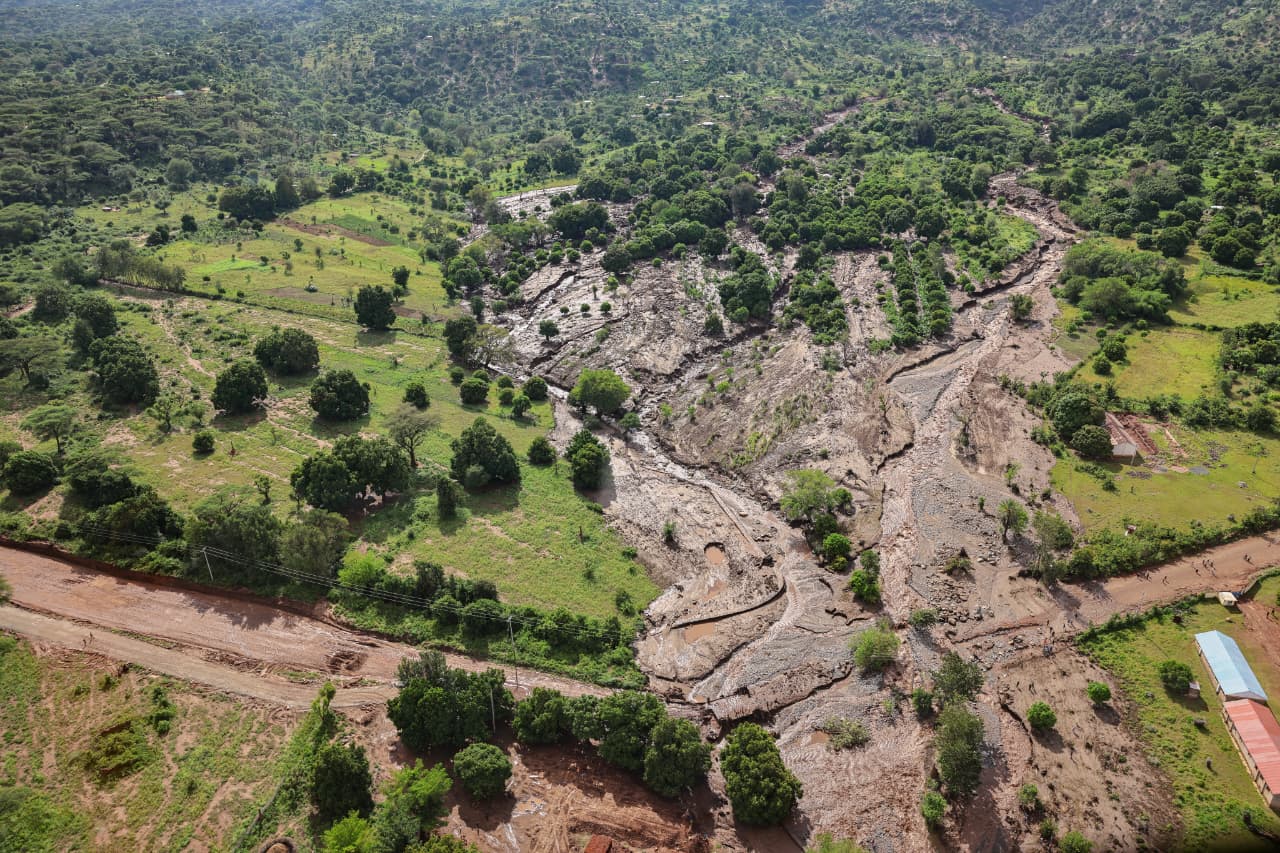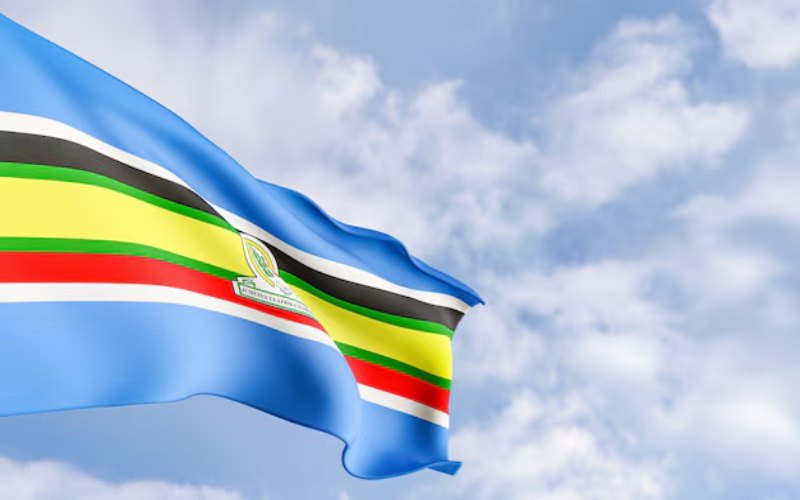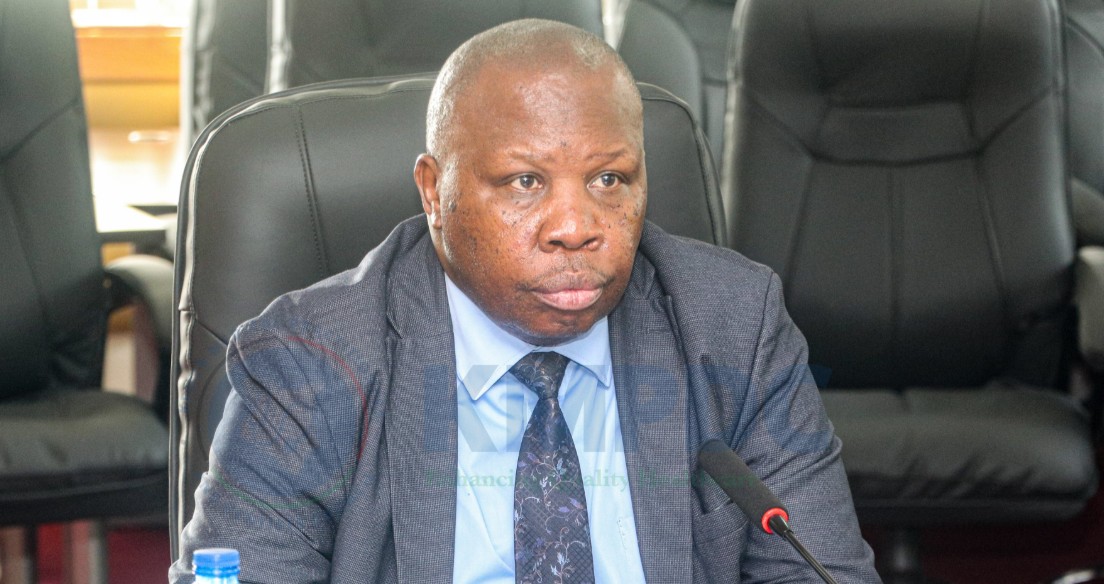Confronting dengue fever as cases rise with few treatment options

Dangers of mosquito-borne diseases are considerable, with both malaria and dengue fever leading to severe illness
Naomi Waweru, a 38-year-old woman from Mombasa, found herself caught in the midst of a
disease outbreak in 2022 that prompted a wave of experimentation. As dengue fever spread through her community, she witnessed residents exploring various remedies, including the use of papaya leaves, in their quest for relief and recovery.
More To Read
- Reported massacre at hospital in Sudan’s El Fasher leaves 460 dead
- Severe flooding affects over 960,000 in South Sudan: UN
- WHO says polio eradication still feasible despite Sh219 billion funding cuts
- WHO says DRC could declare end of Ebola outbreak by December
- Last Ebola patient discharged as WHO starts countdown to end DRC outbreak
- WHO raises alarm as antibiotic resistance threatens global health gains
Like many others, Naomi had heard about dengue fever but never gave it much thought. She assumed that effective solutions for the illness were readily available.
“I began experiencing severe drowsiness, dizziness, and a throbbing headache unlike anything I had ever felt before but almost like malaria. I initially took painkillers, hoping they would help. However, as my symptoms persisted, I grew increasingly worried and decided to visit the hospital, suspecting that I might have malaria," said Naomi.
Upon arriving at the hospital, the doctors did several tests that did not reveal any malaria infection in her blood. This left her feeling confused and uncertain about her condition. However, she was informed that it could be dengue fever.
She was given painkillers and sent home.
As her symptoms persisted, she realised that several of her colleagues and neighbours were also grappling with similar issues, with no malaria detected. Through word of mouth, she learned that there was an outbreak of dengue fever in the area.
“Amidst these challenges, I discovered that people in the area were addressing their symptoms by boiling papaya leaves and drinking the water, which seemed to help alleviate their discomfort. I decided to try this remedy myself. After about three days, I began to feel better and didn’t need to return to the hospital for the same issue,” Naomi said.
Dengue fever is a viral illness transmitted by mosquitoes, particularly the Aedes aegypti species. It's common in tropical and subtropical regions. The disease is caused by the dengue virus and is characterised by a sudden onset of high fever, severe headache, pain behind the eyes, and joint and muscle pain.
Henry Kayaga, a resident of Mombasa, vividly recalls the distressing moment when he was rushed to the hospital, feeling utterly debilitated. He was overwhelmed by severe joint pain and extreme weakness, struggling to stand on his own.
"I was certain I had severe malaria but the doctors' tests showed something different. Unlike malaria, which has well-established medications, dengue fever offers no such clear-cut treatment. This uncertainty left me feeling deeply frustrated," Kayaga said.
Faced with a lack of effective medical options and desperate for relief, he turned to the remedy that had become popular in his community — papaya leaves.
"During that time, finding papaya leaves was quite difficult because they were in high demand. People would gather them, boil them, and use them as a remedy. I eventually managed to get some papaya leaves and followed the same process, and after a while, I started to feel noticeably better. The relief was significant and much needed."
In 2022, health officials in Mombasa County expressed concerns about a dengue fever outbreak, which was linked to the rainy season and the resulting increase in mosquitoes. This followed a previous outbreak in 2017, which left over 100 people infected.
The dangers posed by mosquito-borne diseases are considerable, with both malaria and dengue fever leading to severe illness. These can often confuse patients and healthcare professionals due to their similarities and the overlapping mosquito species involved.
Dr Salad Abdirahman, a medical officer at Zazi Hospital in Eastleigh, said dengue fever is a viral infection primarily transmitted through mosquito bites. He said it is a common disease in Eastleigh, particularly among individuals who travel from other regions.
Other Topics To Read
"In the past six months, we have treated about 20 cases of dengue fever in Eastleigh. It's a common issue, especially among people coming from the northern parts of Kenya and South Sudan," Salad said.
He said while dengue fever and malaria share similar symptoms, they can be distinguished by their causes: malaria is caused by the plasmodium parasite, whereas dengue fever is caused by the dengue virus transmitted by mosquitoes.
He said there is no specific treatment for dengue fever and that management primarily involves supportive care such as analgesics and intravenous fluids to alleviate symptoms.
It can present in three forms: classic fever, dengue haemorrhagic fever, and dengue shock syndrome.
"Severe symptoms like bleeding from the gums can be dangerous and may lead to internal bleeding, representing a more severe form of the disease," Salad said.
To prevent dengue fever, he recommended taking precautions such as using mosquito nets, wearing protective clothing, and maintaining cleanliness to reduce mosquito breeding sites by covering water containers.
On home remedies, Salad said that while some people have mentioned using papaya leaves, there is no scientific evidence to support their effectiveness in treating dengue fever.
He warned that untreated dengue fever can be serious, potentially leading to haemorrhagic complications, severe abdominal pain, and bleeding from the gums.
The highest number of dengue cases was recorded in July, with over 10 million reported across 176 countries in all WHO regions, according to The Lancet.
Dengue, also known as break-bone fever, is a viral infection transmitted from mosquitoes to humans, predominantly found in tropical and subtropical regions.
The infection occurs when the virus is injected into the bloodstream of the host during a mosquito bite. Diagnosis is typically made through blood tests that detect either the virus itself or antibodies produced in response to it.
Reports to the WHO indicate an increase from 505,430 cases in 2000 to 6.5 million cases in 2023. Notably, there have been frequent outbreaks in the coastal counties of Mombasa, Kilifi, and Kwale.
Globally, the dengue virus affects approximately 400 million people annually, with 100 million developing symptoms, and about 21,000 deaths each year are attributed to the disease.
Earlier this year, the WHO said dengue was a significant threat and ongoing outbreaks in many countries have confirmed this concern. Dengue epidemics often follow seasonal patterns, peaking during and after rainy seasons.
Factors Contributing to the increase are high mosquito populations, susceptibility to circulating serotypes, favourable temperatures, precipitation, and humidity, all of which influence mosquito breeding and the virus's incubation period. Additionally, inadequate proactive control measures and insufficient staffing present significant challenges.
Despite the availability of vaccines, dengue remains a persistent threat, with cases continuing to surge.
Top Stories Today














































